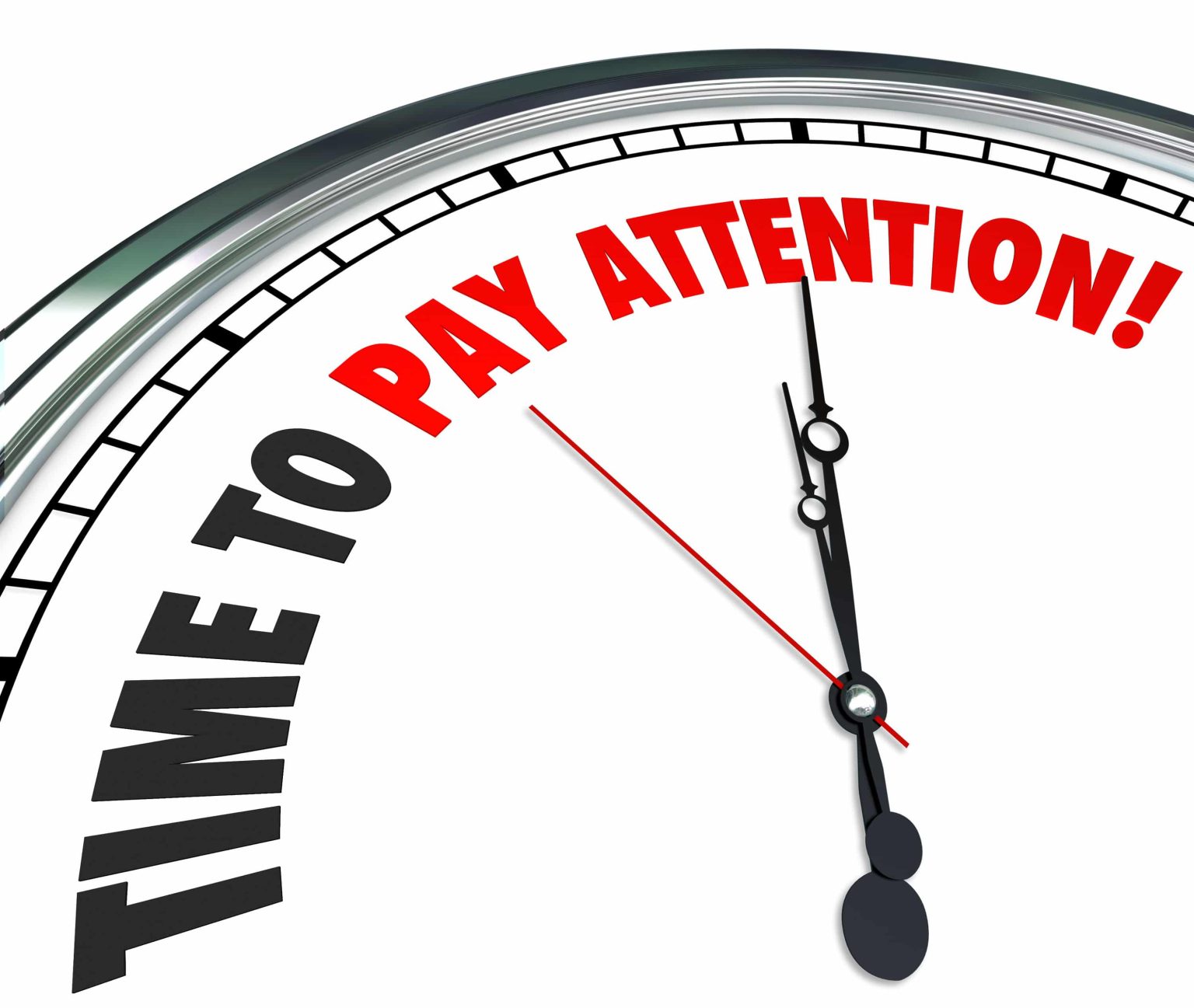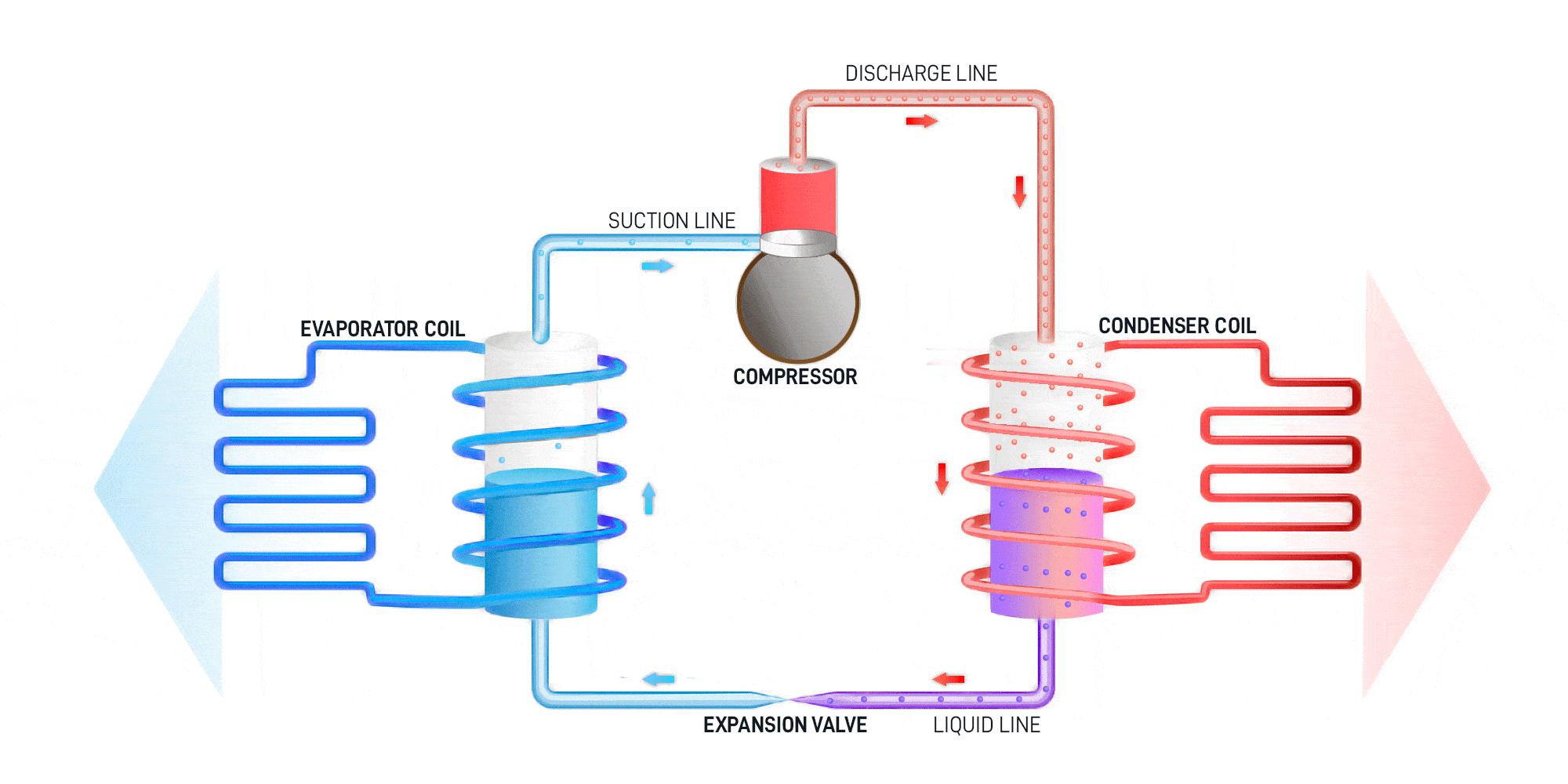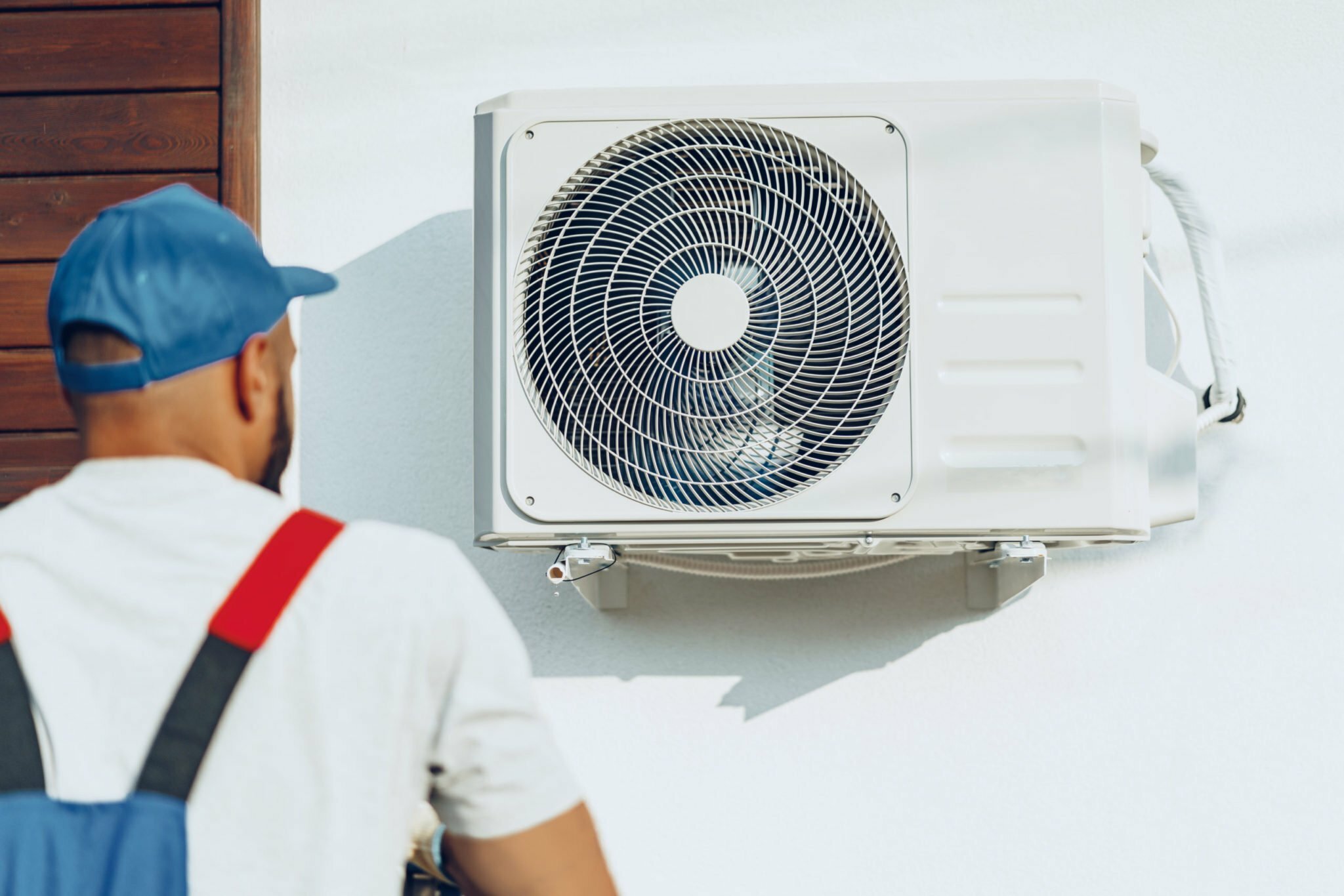How often should air conditioner cycle on and off? As this question takes center stage, this opening passage beckons readers with casual but standard language style into a world crafted with good knowledge, ensuring a reading experience that is both absorbing and distinctly original.
Air conditioners are a crucial part of modern life, providing respite from the scorching heat and maintaining a comfortable indoor environment. Understanding the optimal cycling frequency of your air conditioner is essential for ensuring its efficient operation and longevity. This guide delves into the factors that influence cycling frequency, the differences between short and long cycling, troubleshooting tips, and frequently asked questions.
Typical Cycling Frequency
The cycling frequency of an air conditioner, or how often it turns on and off, can vary depending on several factors, including the size of the unit, the outside temperature, and the thermostat settings. However, there is a typical range of cycles per hour that can be considered normal.
On average, an air conditioner will cycle on and off 3-5 times per hour. This means that the unit will run for approximately 20-30 minutes before turning off, and then it will remain off for a similar amount of time before turning back on.
I’m curious about the number of days until 5/4/24. I’ve been looking forward to this date for a while, and I can’t wait to see how many days are left. Speaking of time, I recently realized that 1907 to 2023 is a span of 116 years.
It’s amazing how time flies by!
This cycling helps to maintain a consistent temperature in the home and prevents the unit from running constantly, which can lead to premature wear and tear.
Examples of Normal Cycling Frequencies, How often should air conditioner cycle on and off
- A small air conditioner unit in a mild climate may cycle on and off as infrequently as 2-3 times per hour.
- A large air conditioner unit in a hot climate may cycle on and off as frequently as 5-7 times per hour.
Factors Affecting Cycling Frequency

The frequency with which your air conditioner cycles on and off is influenced by several factors, including:
Outdoor Temperature
The outdoor temperature plays a significant role in determining the cycling frequency of your air conditioner. When the outdoor temperature is high, the air conditioner will need to work harder to cool the indoor air, resulting in more frequent cycling.
Similarly, if you’re curious about the time span between two years, you can use an online calculator to determine the exact number of years. For instance, to calculate the number of years between 1907 and 2023, you can use a tool like 1907 to 2023 how many years to get the precise answer.
Conversely, when the outdoor temperature is mild, the air conditioner will cycle less frequently.
Indoor Humidity Levels
High indoor humidity levels can also affect the cycling frequency of your air conditioner. When the indoor air is humid, the air conditioner will need to work harder to remove moisture from the air, leading to more frequent cycling. Conversely, when the indoor air is dry, the air conditioner will cycle less frequently.
Air Conditioner Size
The size of your air conditioner can also impact the cycling frequency. An air conditioner that is too small for the space it is cooling will need to work harder to maintain the desired temperature, resulting in more frequent cycling.
Conversely, an air conditioner that is too large for the space it is cooling will cycle less frequently.
Short Cycling vs. Long Cycling
Air conditioners should cycle on and off to maintain a consistent temperature. However, excessive or insufficient cycling can indicate underlying issues.
Short Cycling
Short cycling occurs when the air conditioner turns on and off frequently, lasting for short durations. This can be caused by:
- Oversized unit: An AC unit that is too large for the space it is cooling will cool the area too quickly, causing the unit to cycle off prematurely.
- Dirty condenser coils: Clogged coils reduce the unit’s efficiency, causing it to work harder and cycle more often.
- Refrigerant leaks: Leaks can reduce the amount of refrigerant in the system, leading to reduced cooling capacity and increased cycling.
- Faulty thermostat: A malfunctioning thermostat may send incorrect signals to the AC unit, causing it to cycle erratically.
Long Cycling
Long cycling is the opposite of short cycling, where the air conditioner runs for extended periods before turning off. This can be beneficial in some cases:
- Improved dehumidification: Long cycling allows the AC unit to remove more moisture from the air, resulting in a more comfortable environment.
- Reduced wear and tear: Fewer cycles mean less stress on the unit’s components, extending its lifespan.
- Lower energy consumption: While long cycles consume more energy during operation, they reduce the number of cycles overall, resulting in potential energy savings.
Comparison
The ideal cycling frequency depends on the specific system and operating conditions. However, as a general rule:
- Short cycling can lead to premature component failure and higher energy consumption.
- Long cycling can improve comfort, reduce wear and tear, and potentially save energy.
Troubleshooting Cycling Issues

Addressing excessive cycling in your air conditioner is crucial for optimal performance and energy efficiency. This section explores common causes and provides troubleshooting tips to resolve short cycling issues, along with maintenance tips to prevent cycling problems in the future.
Wondering how many days are left until a specific date? You can easily find out using an online calculator. For example, if you want to know how many days until May 4, 2024, you can use a tool like how many days until 5/4/24 to get the exact answer.
Common Reasons for Excessive Cycling
- Undersized AC unit: A unit that is too small for the space it is intended to cool will cycle on and off frequently in an attempt to maintain the desired temperature.
- Dirty condenser coils: When the condenser coils are clogged with dirt, dust, or debris, it can restrict airflow and cause the unit to overheat, leading to short cycling.
- Refrigerant leaks: A refrigerant leak can result in insufficient refrigerant levels, which can cause the AC to cycle on and off more frequently.
- Faulty thermostat: A malfunctioning thermostat can send incorrect signals to the AC unit, causing it to cycle on and off erratically.
Troubleshooting Tips to Address Short Cycling
- Check the size of your AC unit: Ensure that the unit is appropriately sized for the area it is intended to cool. A qualified HVAC technician can help determine the correct size.
- Clean the condenser coils: Regularly clean the condenser coils using a garden hose or a coil cleaning brush to remove dirt and debris.
- Inspect for refrigerant leaks: Contact an HVAC technician to inspect for any refrigerant leaks and repair them promptly.
- Replace the thermostat: If the thermostat is faulty, replace it with a new one to ensure accurate temperature readings and control.
Maintenance Tips to Prevent Cycling Problems
- Regular maintenance: Schedule regular maintenance checkups with an HVAC technician to ensure the AC unit is functioning correctly and to identify any potential issues early on.
- Clean or replace the air filter: A dirty air filter can restrict airflow and cause the AC to cycle more frequently. Replace the filter every 1-3 months.
- Clear debris around the outdoor unit: Remove any leaves, twigs, or other debris that may accumulate around the outdoor unit, as this can block airflow and lead to cycling issues.
Final Thoughts

In conclusion, the cycling frequency of an air conditioner is influenced by various factors, including outdoor temperature, indoor humidity levels, and unit size. Short cycling can be detrimental to the system, while long cycling offers potential benefits. By understanding these concepts and implementing proper maintenance practices, you can optimize the performance of your air conditioner and enjoy a comfortable indoor environment for years to come.
FAQ Corner: How Often Should Air Conditioner Cycle On And Off
What is the average number of cycles per hour for an air conditioner?
Typically, an air conditioner cycles 3-5 times per hour.
How does outdoor temperature affect cycling frequency?
Higher outdoor temperatures lead to more frequent cycling as the air conditioner works harder to cool the室内.
What are the benefits of long cycling?
Long cycling reduces wear and tear on the compressor, improves dehumidification, and can lower energy consumption.
